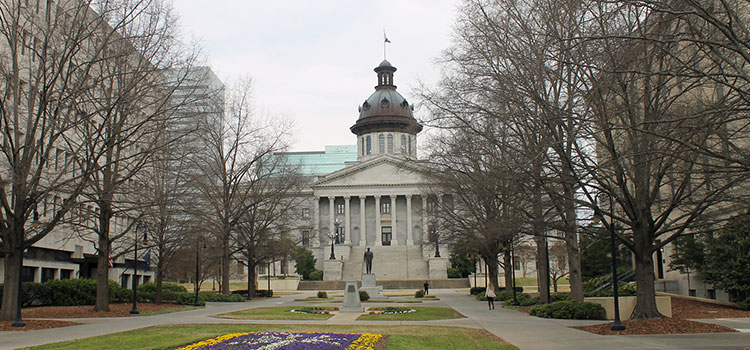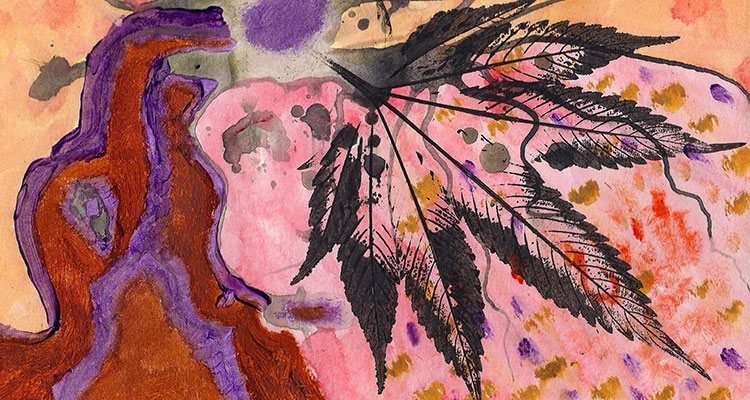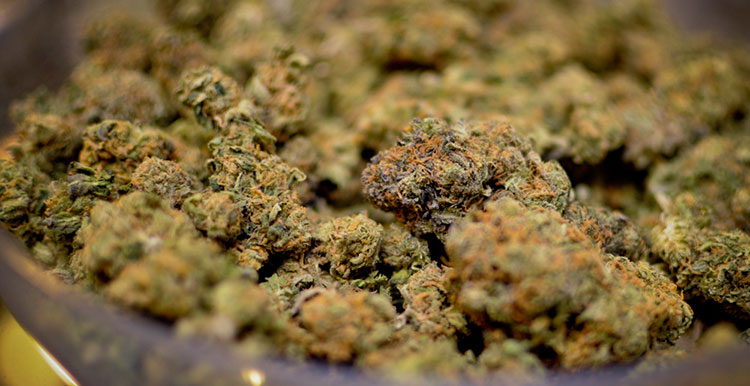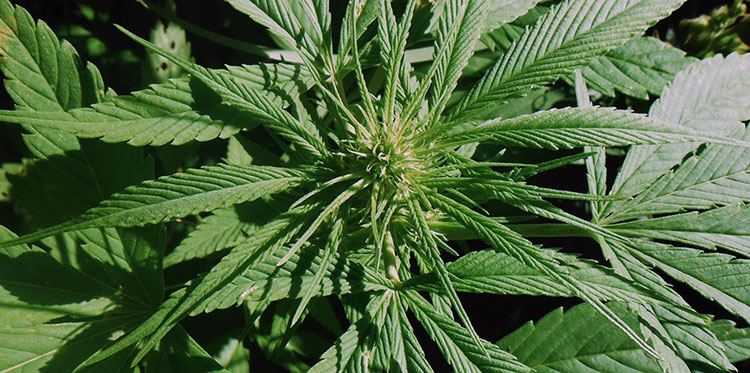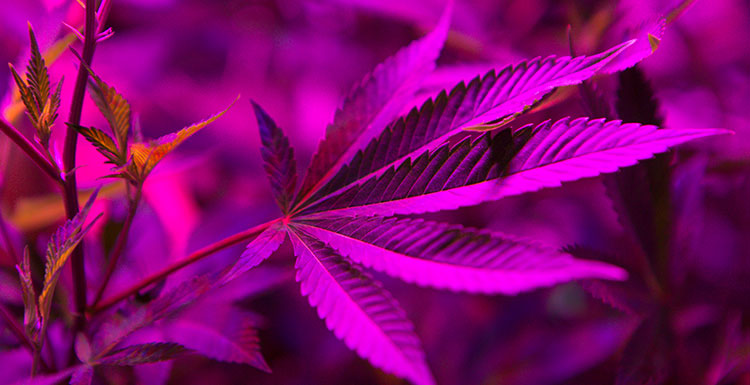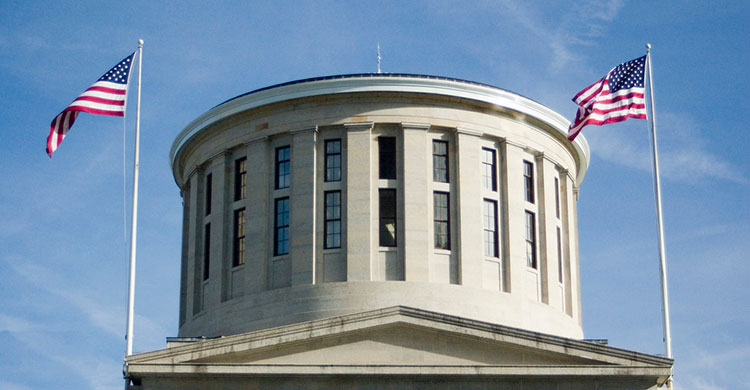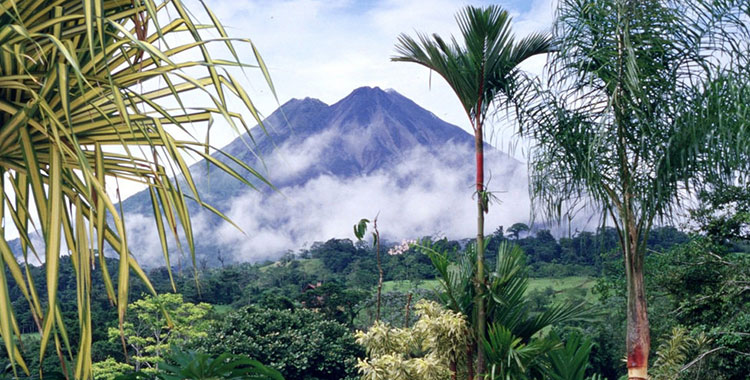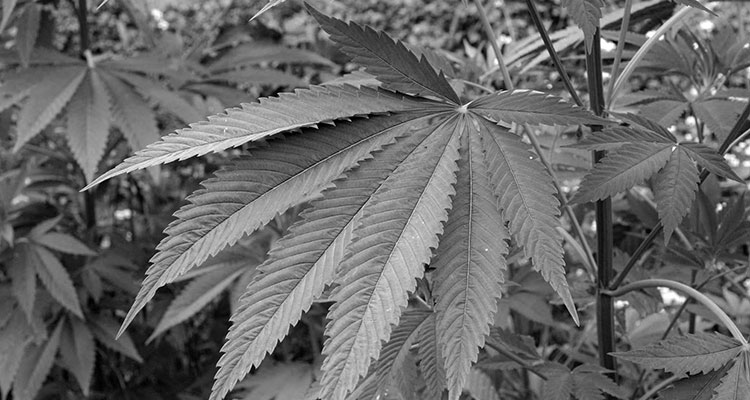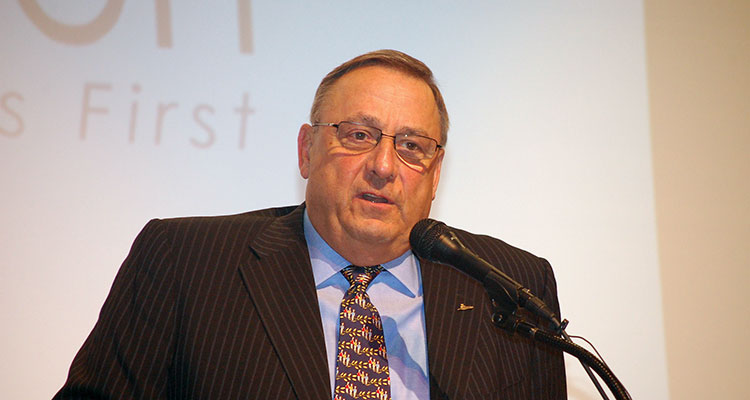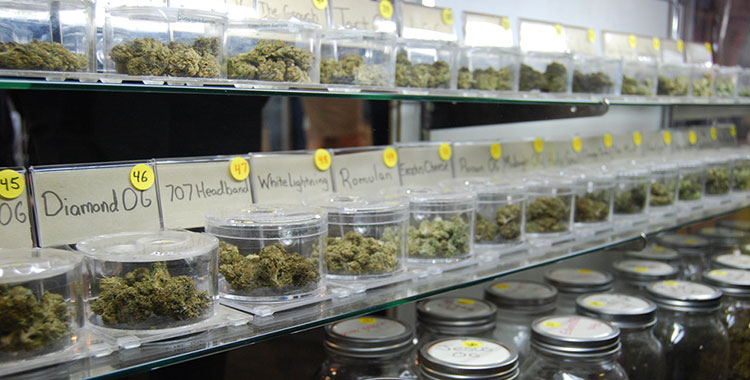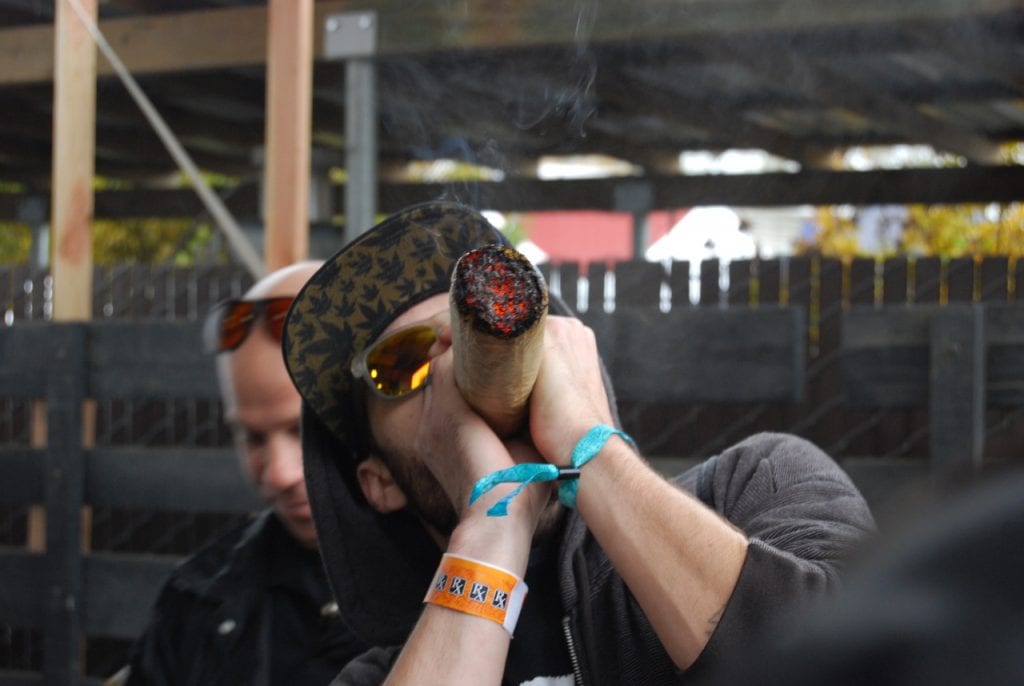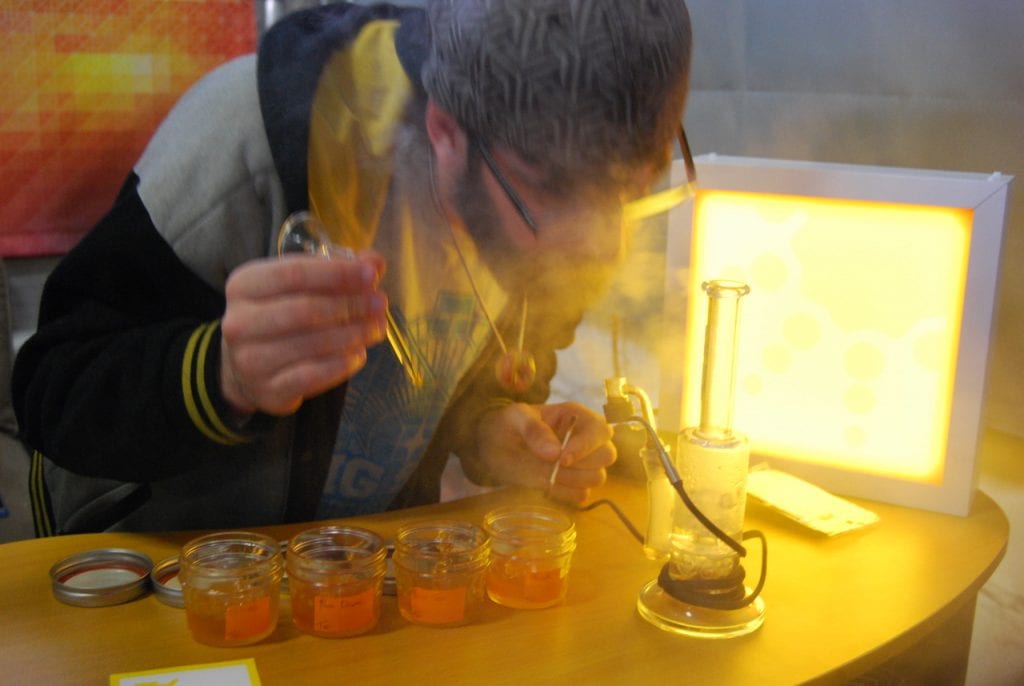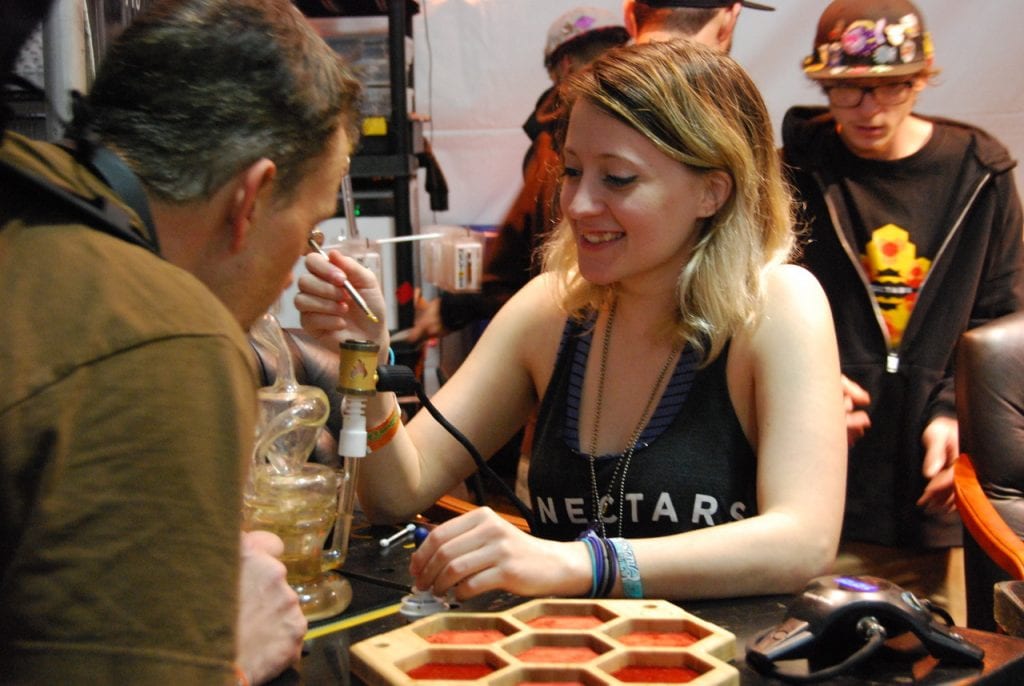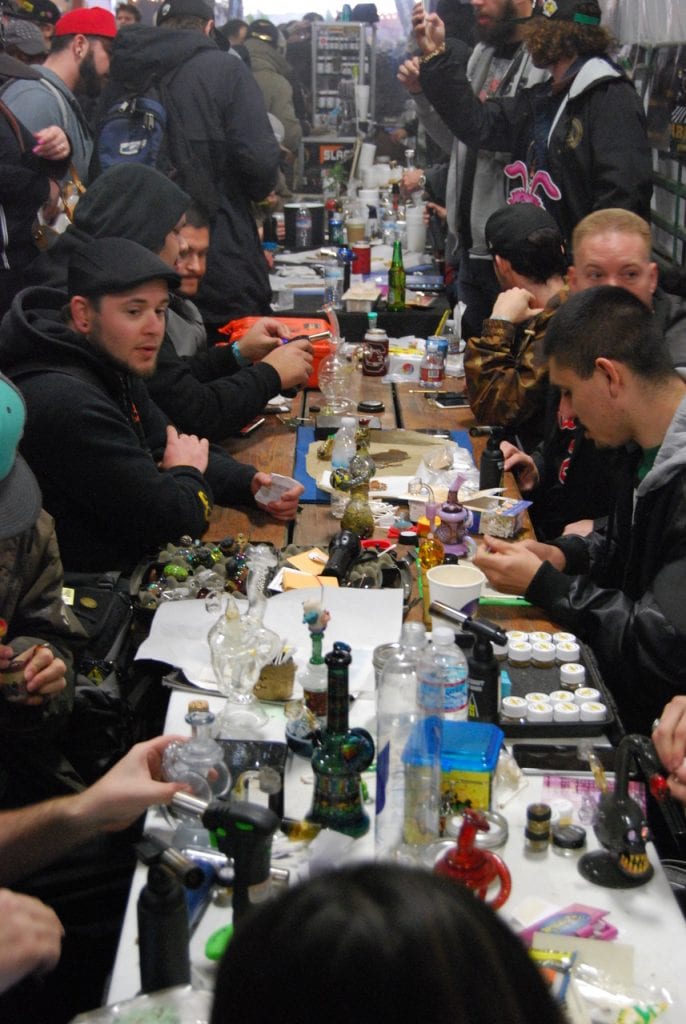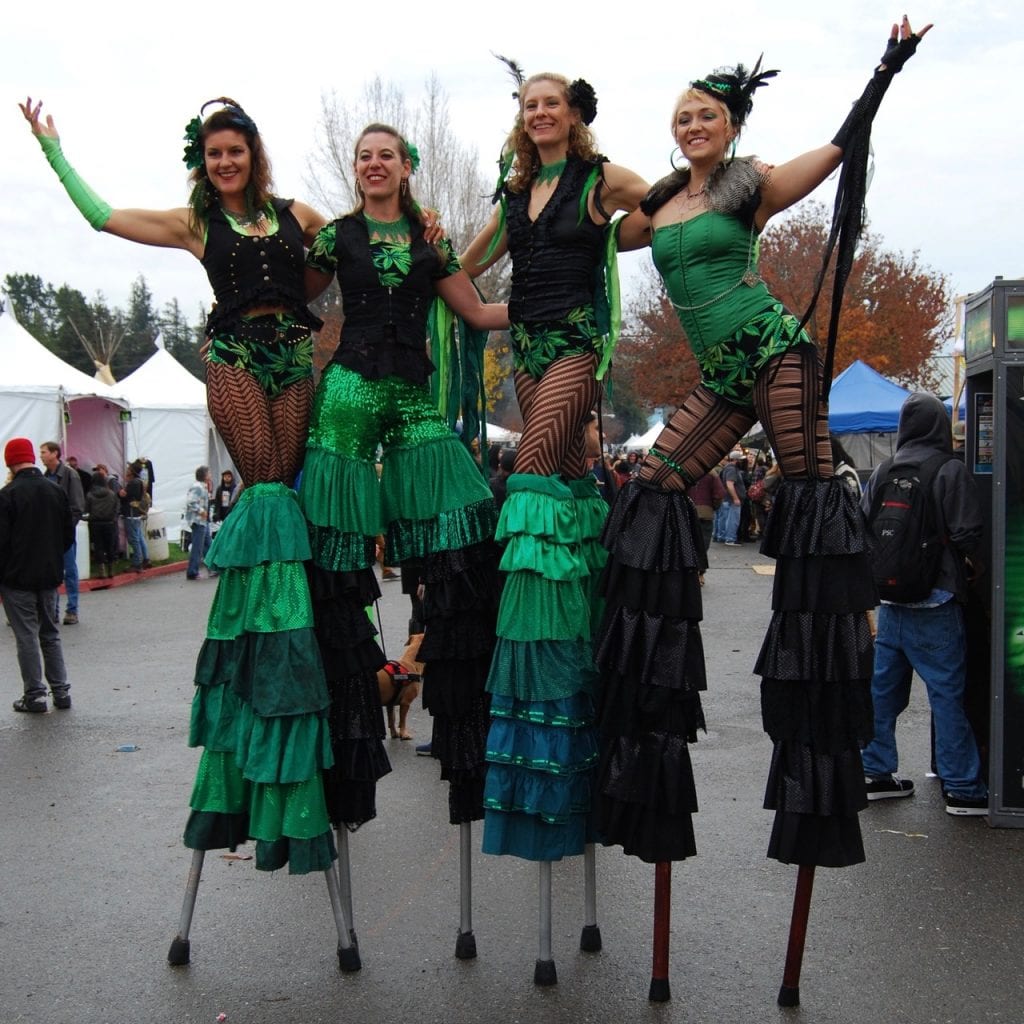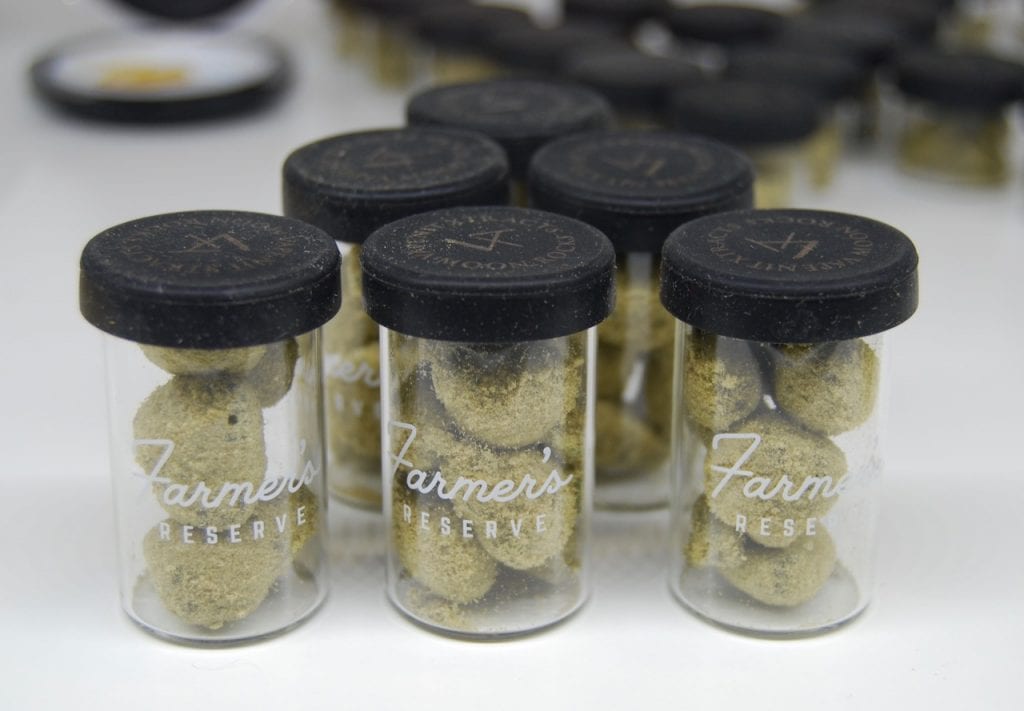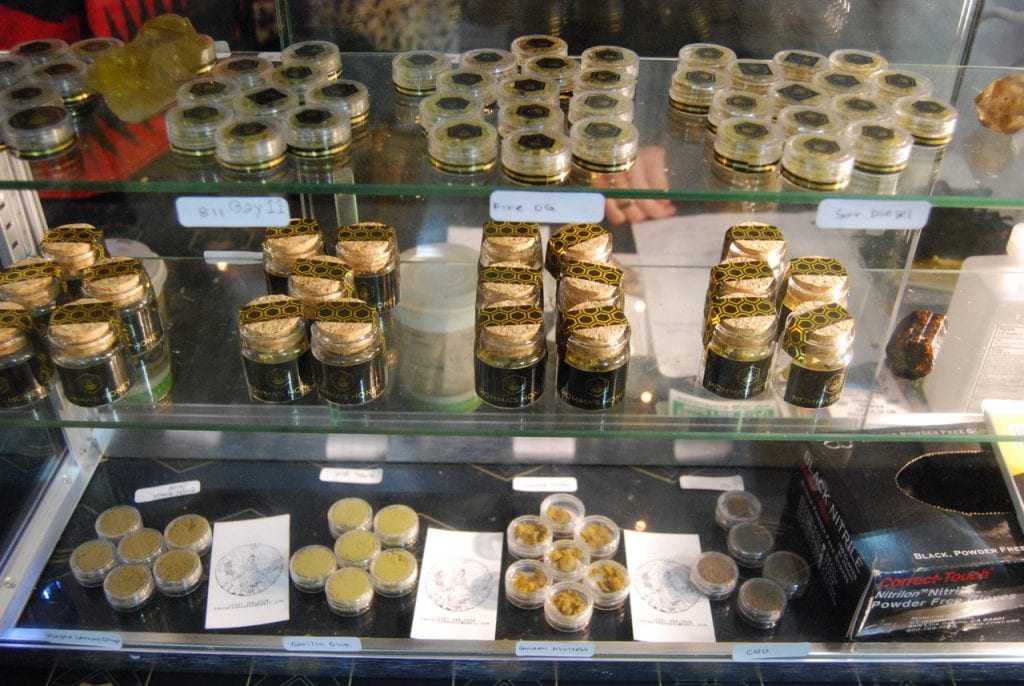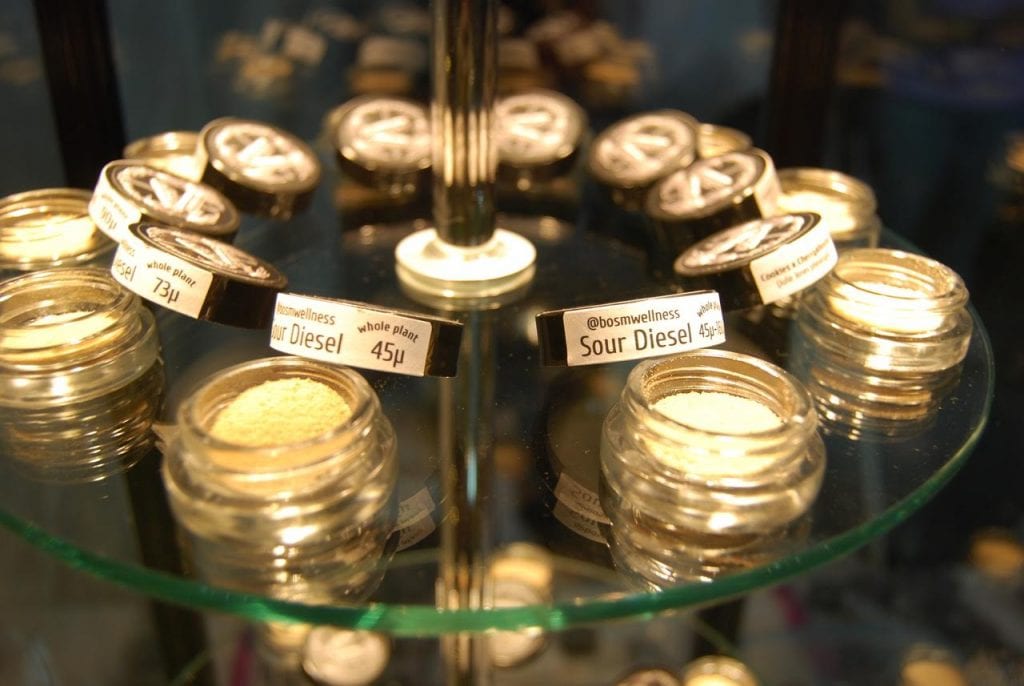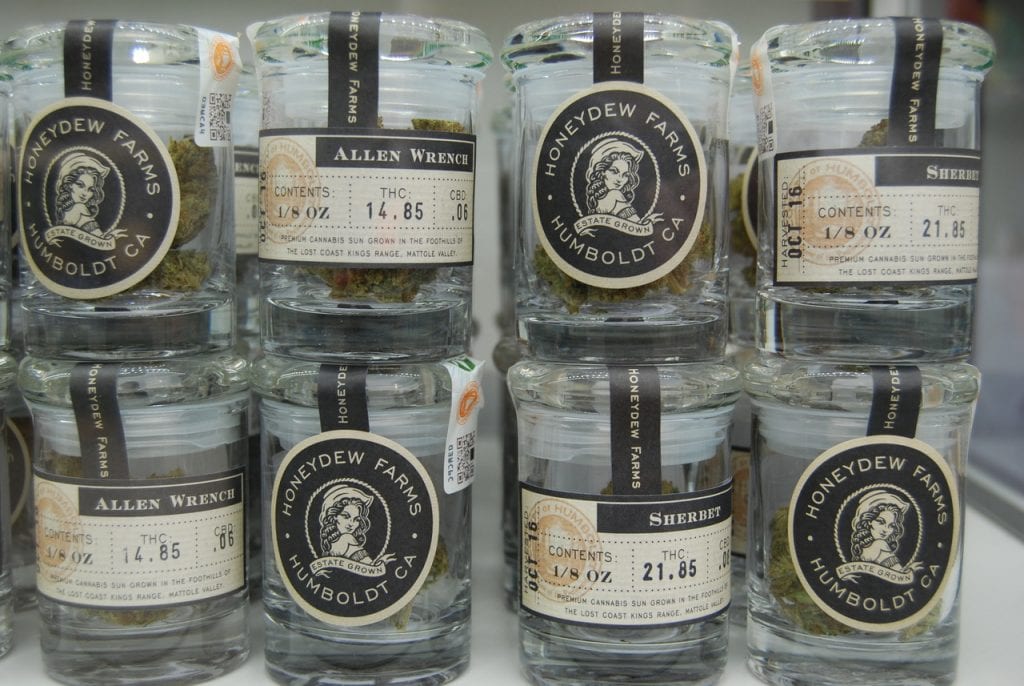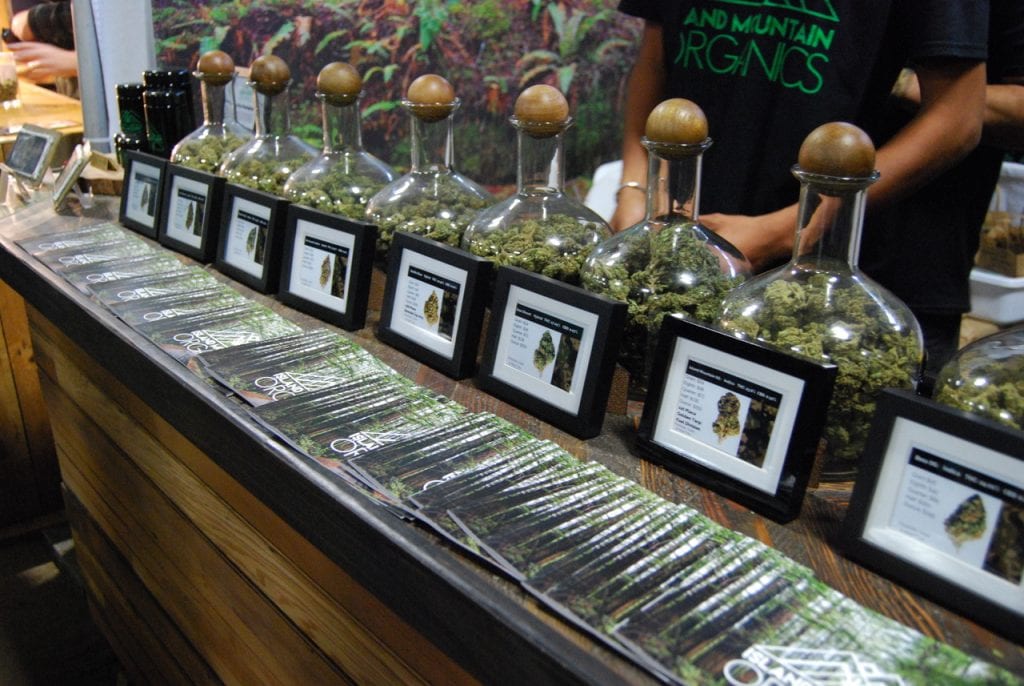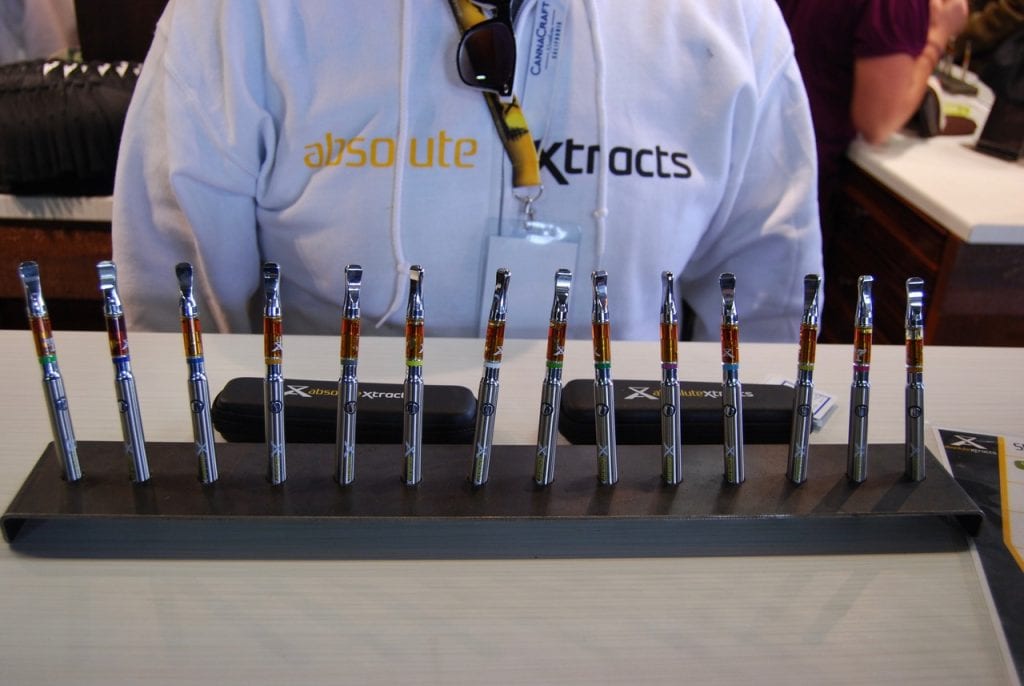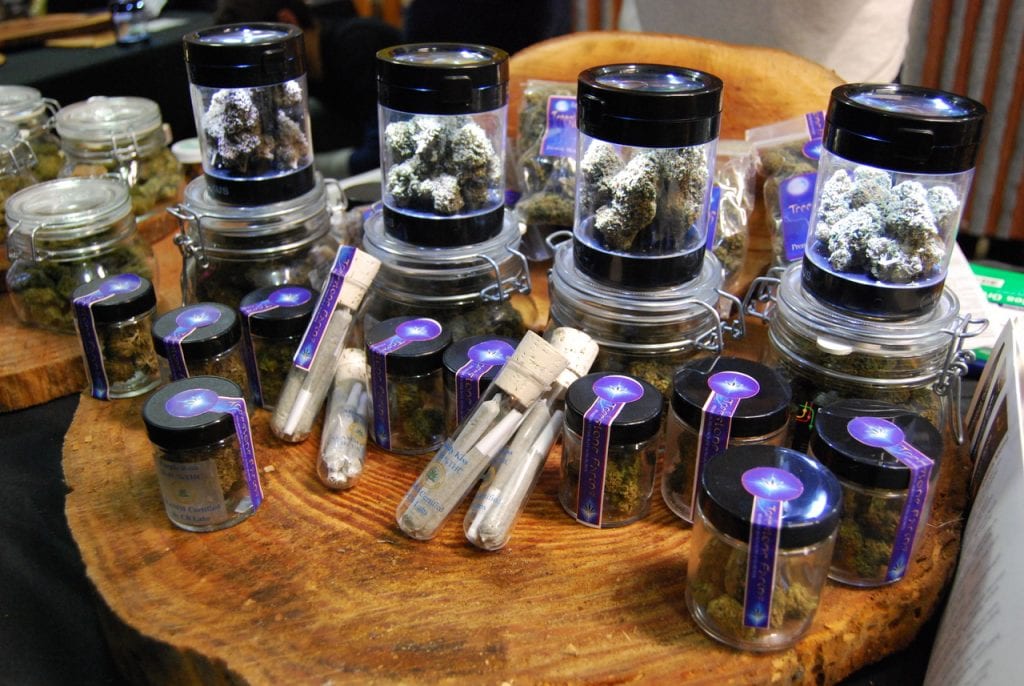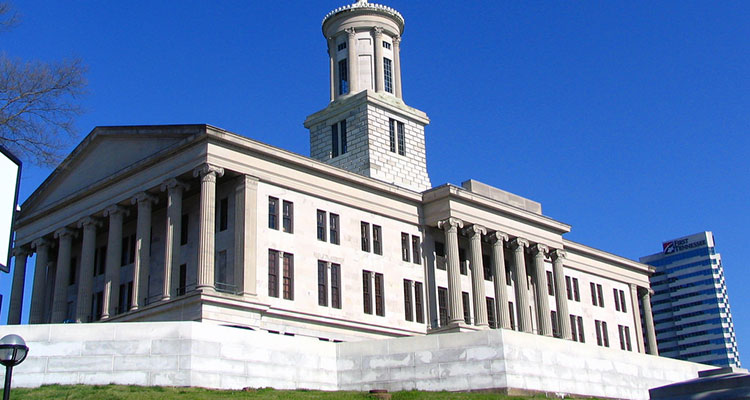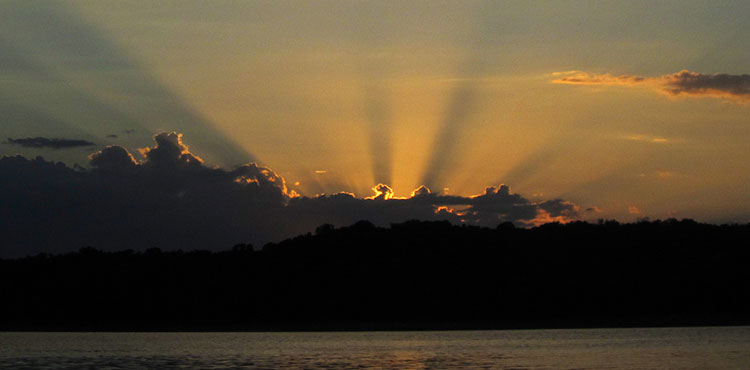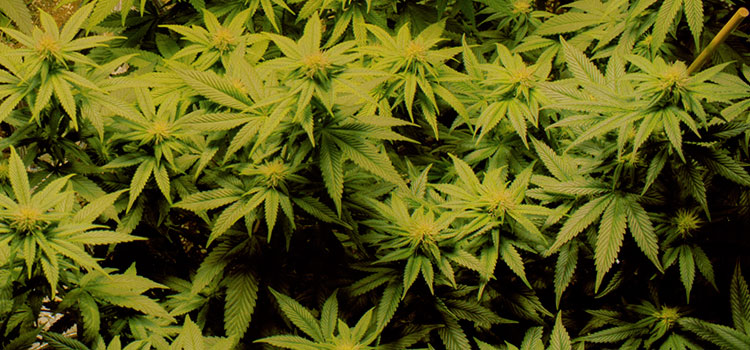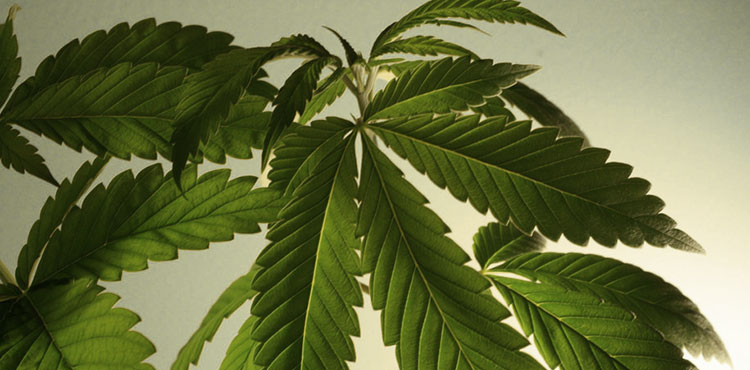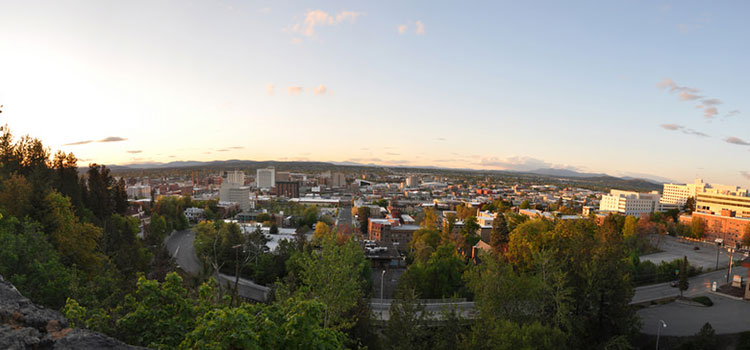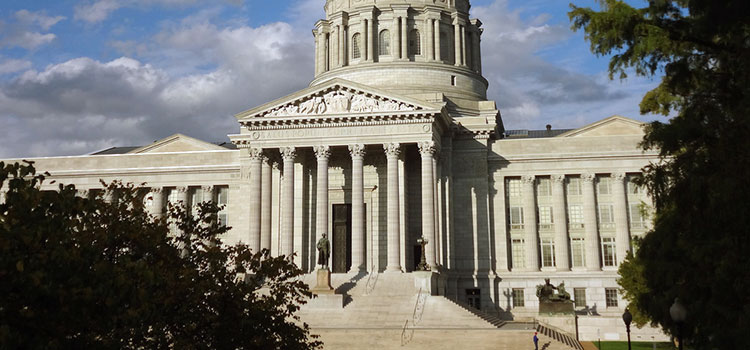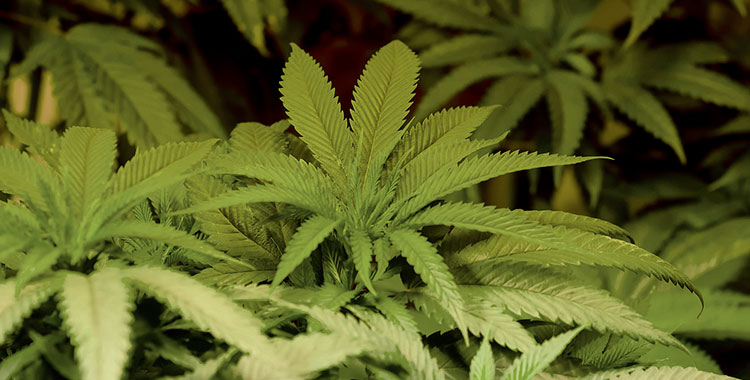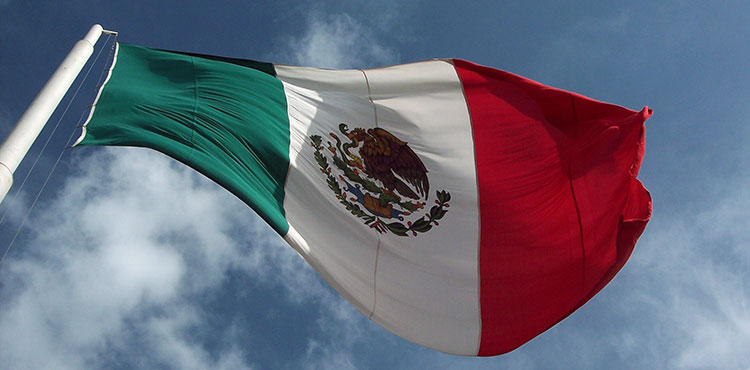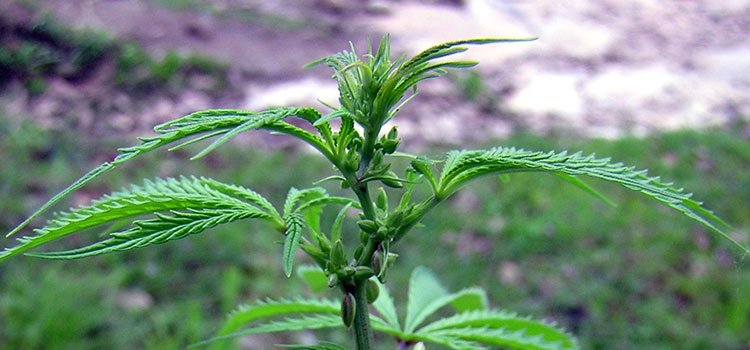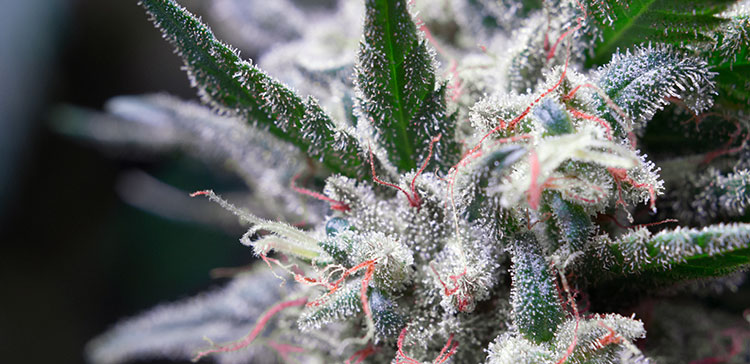South Carolina is one of the many Southern states that allow the use of cannabidiol (CBD), the non-psychoactive cannabinoid, for specific medical conditions. However, SC has so far fallen short in passing a full-plant system, but this year activists are optimistic about the state finally passing legislation allowing real medical cannabis.
Medical cannabis first appeared in South Carolina law in 1980 in the controlled substance therapeutic research act. The law allowed the use of cannabidiol in research, but it had to be approved by the FDA. It wasn’t until 2007, 27 years later, that House Bill 220 sought to establish a medical cannabis system. That bill didn’t pass, but set the groundwork for a future medical cannabis program in South Carolina by establishing an affirmative defense and protection from arrest for some medical users.
In 2014, Senate Bill 880 passed, which allowed for the creation of industrial hemp farms. That same day, Governor Nicky Hally signed Senate Bill 1035, which allowed children to use cannabidiol in research trials, provided protection from arrest for parents whose children use cannabidiol, and established a committee to study the sale of medical cannabis. These bills both passed, confirming that South Carolina was indeed ready to move beyond simple prohibition.
“We’ve laid a good foundation in SC. Senator Tom Davis is very outspoken on this issue, and we expect him to bring a new bill that will pass this year,” Wayne Border of Columbia SC NORML told Ganjapreneur. “This is very important for patients in the state who are looking for relief from a wide variety of medical conditions. We’ve come close before and feel like this could be it.”
Taking up the cannabis issue, State Rep. Todd Rutherford filed two cannabis bills in the South Carolina House on December 15, 2016. House Bill 3128, aka the Put Patients First Act, seeks to set up a regulatory framework for a full plant medical cannabis program in South Carolina. House Bill 3162, the Legal Possession for Veterans Act, would allow Veterans with an Honorable Discharge to possess up to 1 oz. of cannabis and 10 grams of concentrate.
“We really feel this is the year medical cannabis will come to South Carolina,” said Border. “Over the years we’ve come close, and have built a solid foundation. These bills will bring needed relief for the patients in the state who don’t have access to safe medical cannabis right now, and Columbia NORML is 100% behind Representative Rutherford’s efforts.”
End
